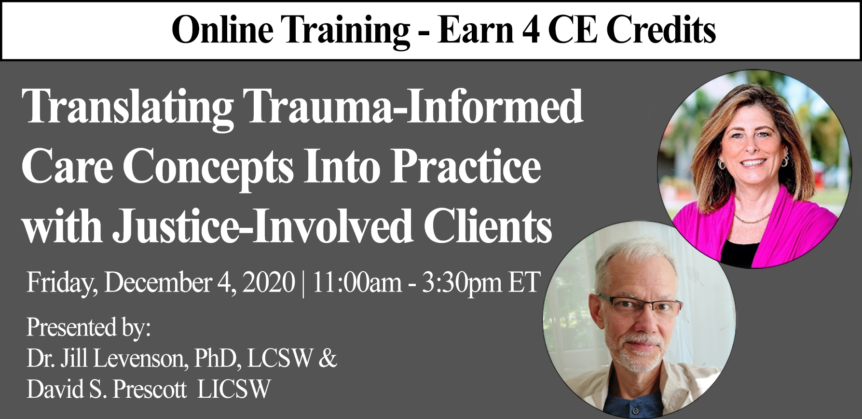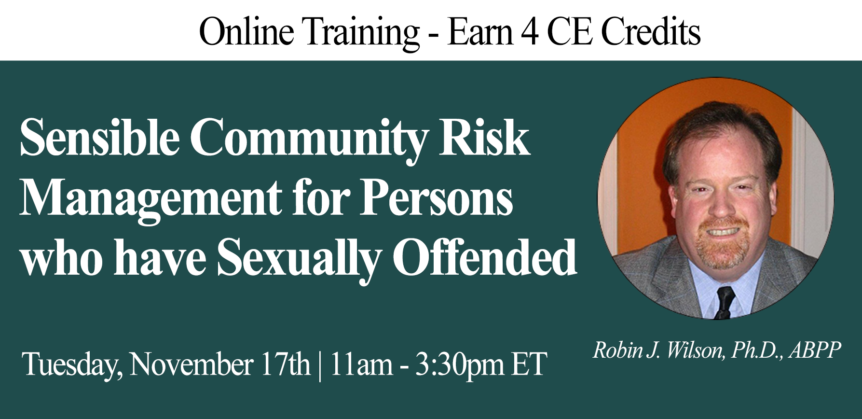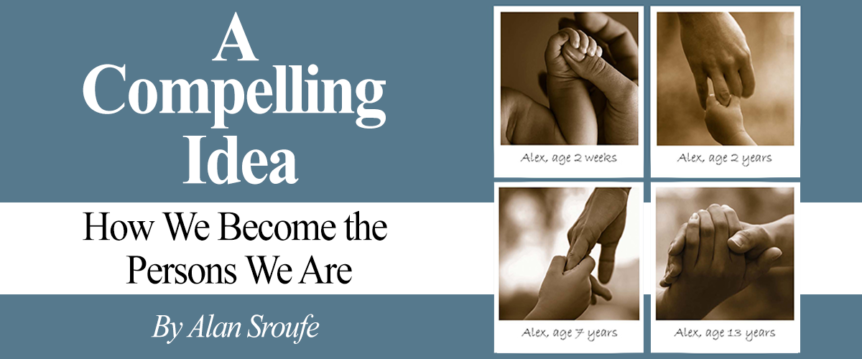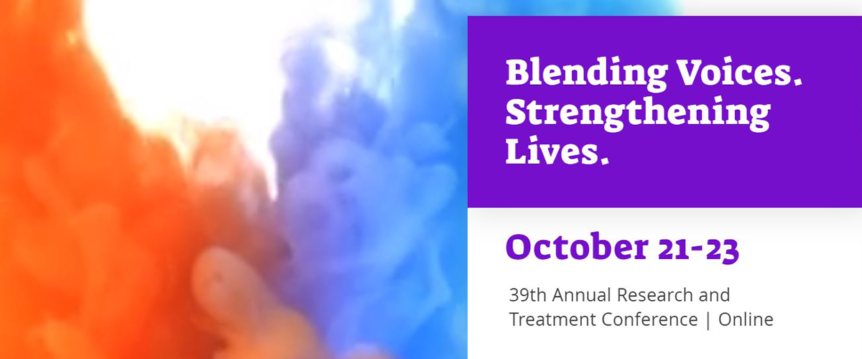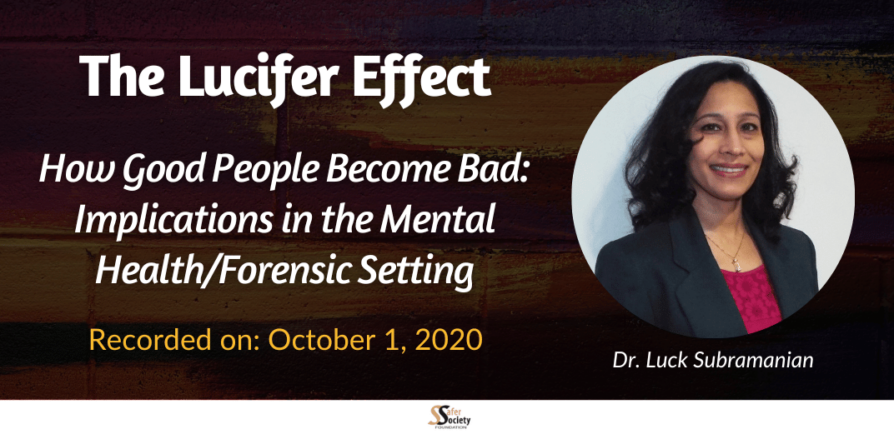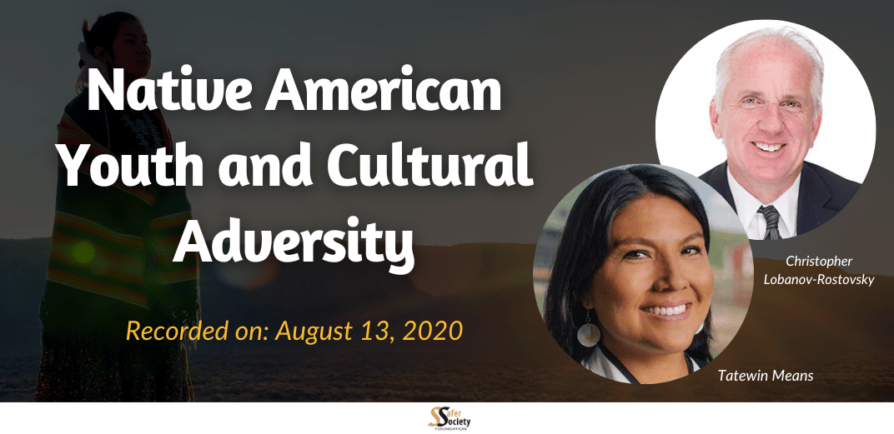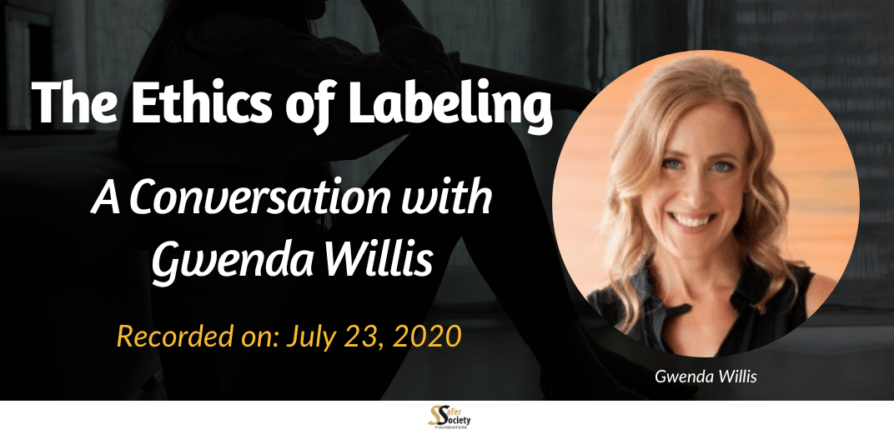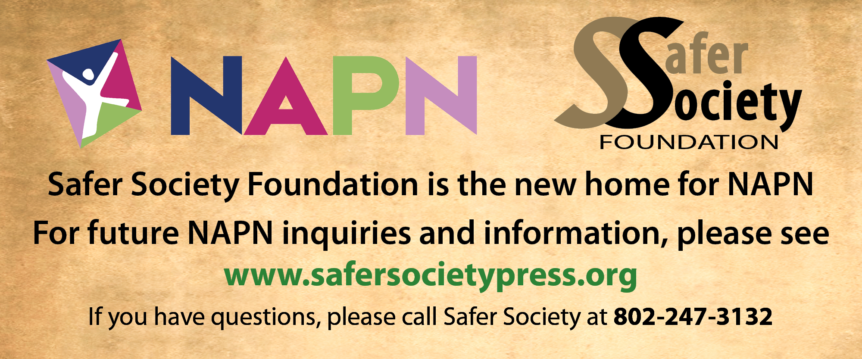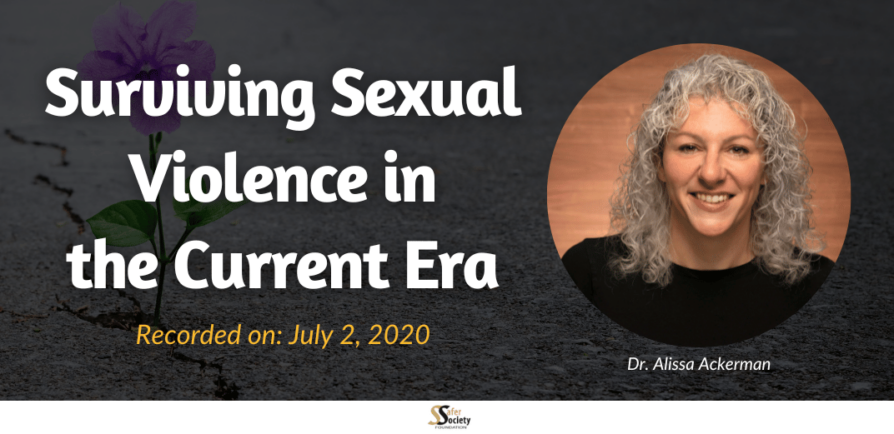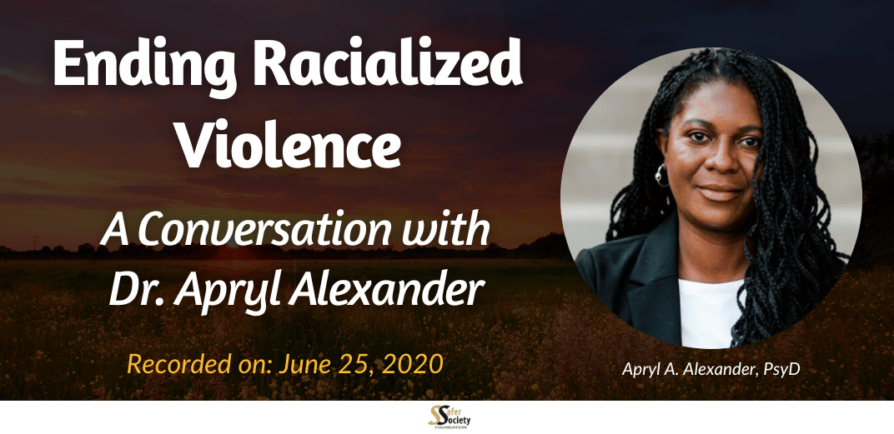Many clients receiving counseling or social services have experienced adverse childhood experiences (ACEs) and other traumas. Trauma experiences can influence a person’s thinking, emotions, behavior, and sense of identity. These can, in turn, contribute to the emergence of behavioral patterns that result in harm to self and others. Further, systemic racism, economic disparities, and mass incarceration also serve as both the causes and consequences of trauma, often rooted in a long history of implicit bias.
Online Training: Sensible Community Risk Management for Persons who have Sexually Offended
Citizens in all communities continue to express concern regarding the risk posed by persons who have sexually offended. Legislators and law enforcement agents have attempted to manage risk by instituting measures of official control, such as sex offender registries, GPS monitoring, and residency restrictions. However, the scientific literature suggests that while such measures are high in face validity (and garner community support), they may not actually accomplish their intended goal.
Pre-Order Now! A Compelling Idea: How We Become the Persons We Are
Available by October 28th! Memoir and science come together in A Compelling Idea to open a window into the personal and professional journey of a “superstar psychologist.”
Alan Sroufe and his team at the University of Minnesota Institute of Child Development conducted the longest running study of human psychological development, establishing the reasons why we each behave as we do and see the world as we do. Sroufe’s groundbreaking theoretical and empirical contributions to the fields of developmental psychology and developmental psychopathology have been reported to the academic world in over 150 papers and journal articles and seven books.
ATSA 2020 – “Blending Voices. Strengthening Lives.”
Safer Society is a Gold Sponsor of the 2020 ATSA Conference! Like so many other events this year, the conference has gone online. This is a new experience for us all. If you’re attending, please visit the virtual exhibits, including our “booth.”
The Lucifer Effect – How Good People Become Bad: Implications in the Mental Health/Forensic Setting
The Lucifer Effect is the process by which regular, otherwise good people do bad things within the context of a dominating social situation facilitating this transformation. Social psychology giants such as Phillip Zimbardo and Roy Baumeister have provided insight into this unsettling process and enlightening guidance on restoring goodness. This presentation explores the Lucifer Effect within the mental health setting, arguing for and highlighting the marked importance of ethical leadership at every step in the organizational structure.
Native American Youth and Cultural Adversity: A Conversation with Tatewin Means and Christopher Lobanov-Rostovsky
Native American youth are disproportionately experiencing mental health challenges in tribal communities where there is often a lack of prevention and treatment resources. Teen suicide, substance abuse, interpersonal violence, and other traumas are common within this underserved population.
This conversation looks at the historical antecedents and current climate and discusses the challenges for service provision to Native American youth, including federal, state, and local efforts and limitations to serving this population. Finally, issues related to interpersonal violence prevention and intervention within tribal communities are explored.
The Ethics of Labeling: A conversation with Gwenda Willis, PhD, PGDipClinPsyc
In a 2017 paper, Gwenda Willis, with the assistance of others along the way, asked the question that resulted in massive changes in practice and policy in several countries around the world. Why do we call people by what we don’t want them to be?
As she explains it in in the journal Psychology, Crime, and Law, labelling a person by their past behavior or a criminal conviction is commonplace throughout forensic and correctional psychology. These labels (including “offender” and “sex offender”) infiltrate academic writing and conference presentations, names of professional organizations and treatment programs and, at times, traverse therapeutic work.
Safer Society is the New Home for NAPN
Safer Society Foundation has agreed to be the new home for the National Adolescent Perpetration Network (NAPN). “NAPN’s mission is virtually identical to ours in …
Surviving Sexual Violence in the Current Era
This conversation focuses on how people can survive and thrive in the current environment. It explores what we can learn from restorative justice to help people recover their lives in the wake of sexual abuse.
A basic tenet of Restorative Justice is that those affected by abuse should be able to participate in its resolution. Through the approaches Dr. Ackerman embodies, people who have been abused can experience connection and hope.
Ending Racialized Violence: A Webinar Conversation with Dr. Apryl Alexander
Perhaps the most surprising aspect of violence is how preventable it actually is. In the wake of recent events, this webinar conversation focuses on what we know about the prevention of violence and abuse, and how we can use education to end sexual, racialized, and other forms of social violence. It outlines how participants can explore their own biases and challenge their attitudes, beliefs, and actions in order to help reduce racism.
